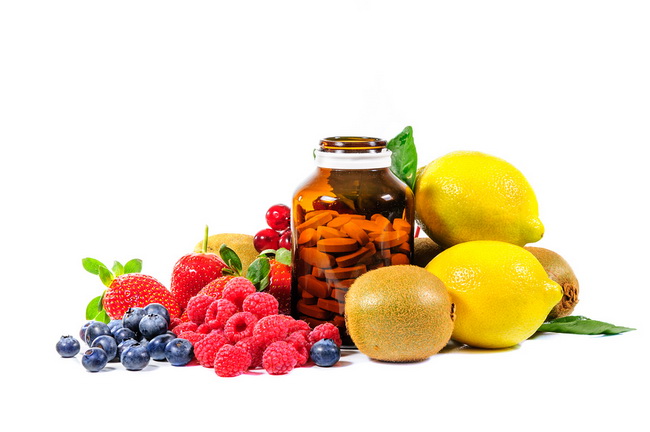- Make It Yourself Lavender Heart-Shaped Bath Bombs!
- 20 Things You Never Knew About “Down There”
- 12 Best Foods For Those Suffering From Arthritis Pain
- 12 Personal Hygiene Mistakes Almost Everyone Makes (Mom Never Told You About #4!)
- 15 Medicinal Plants And Herbs From The Cherokee People
- 12 Mind-Blowing Benefits Of Drinking Coconut Water During Pregnancy
- 12 Outstanding Winter Foods That Won’t Fatten You Up Like A Christmas Turkey
A Heart Disease Risk You Never Imagined Could Happen to You

Photo credit: bigstock.com
Perhaps the best way to avoid this risk is to take steps to avoid developing pneumonia in the first place. There are natural ways to lower your risk of developing pneumonia. Studies have shown that vitamin C not only boosts your immune system but it can help to prevent pneumonia by as much as 80 percent. Vitamin C also helps to reduce inflammation, which will help to make you less vulnerable to pneumonia. You can get super healthy doses of vitamin C by eating plenty of organic pineapples, oranges, papayas, lemons, and other citrus fruits. Or you can take a supplement. Look for a version that says it is liposomal. This means that it uses the fats in your body for better absorption. If you can’t find this version in your local health food store, you can find it easily online.
Another way you can help to prevent pneumonia is to eat more leafy greens such as spinach, kale, and Brussels sprouts. These vegetables are also well known for reducing inflammation in the body.
Other minerals, such as zinc, have been shown to help reduce the risk of pneumonia. In fact, some studies have shown that taking zinc supplements can help reduce your risk of pneumonia by as much as 41 percent.
SEE ALSO: Most Heart Attacks Can be Prevented by Just 5 Things
Important Note:
Pneumonia, especially viral pneumonia, can quickly become severe and can be fatal. This virus will invade the lungs and multiply quickly, and there are almost no signs of lung tissue becoming filled with fluid. If you have had the flu, or if you suspect that you have pneumonia, contact a health care professional as quickly as possible. If you should find you have difficulty breathing, do not hesitate to call 911 immediately.
References:
































